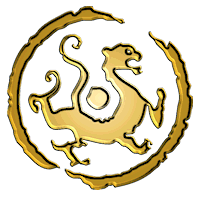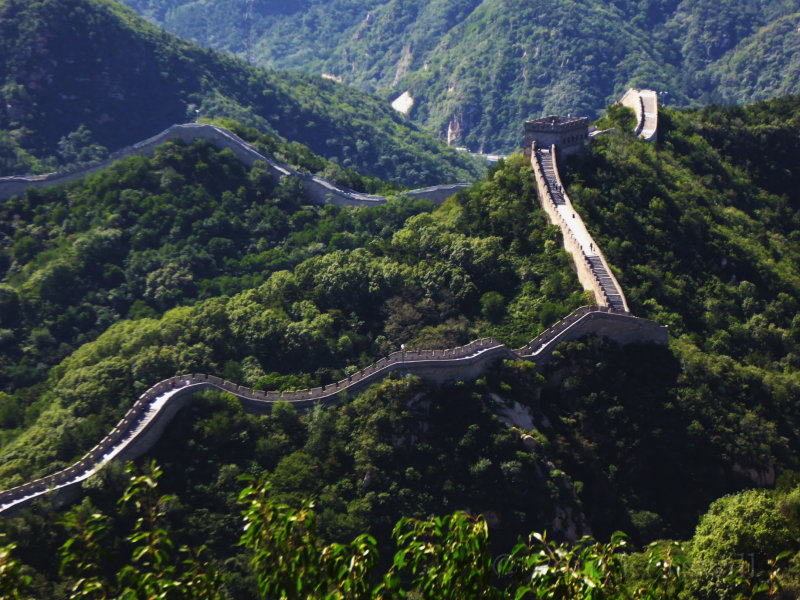Chinese History 历 史
Most countries can look back at a few hundred years of continuous recorded history; China looks back at thousands of years. From earliest times an accurate account of events has been treasured by the Chinese, this is embodied in the character 史 history ’ which also has the meaning ‘impartial’ . Chinese people know their heritage well and have a long tradition of revering their ancestors . A good knowledge of Chinese history is essential to understanding and relating to its people.
We include pages on all the main dynasties (you can click on the time chart) as well as significant events in Chinese history, up to the foundation of the Republic separate section Taiping Rebellion railways Imperial system Hanlin Academy Imperial officials kowtow Mandate of Heaven Opium Wars Early contacts with Britain 18th century UK-China contacts Leibniz Treaty port system Chinoiserie Lay-Osborn debacle General Charles ‘Chinese’ Gordon Chinese coolies
Click on the time chart on the left to go to a particular time period.
The Long March The epic tale of the struggle of thousands of soldiers over thousands of miles of challenging terrain has been held up as the chief heroic episode in the early days of the Communist party. It was during the Long March that Mao Zedong emerged as leader with his own vision for the future of China. Read more…
Imperial officials The prized job in dynastic China was as an Imperial official. As well as prosperity and a life of relative leisure an official received respect from the community. As anyone who passed the Imperial examinations could hope for such an appointment the posts were potentially open to all men. Read more…
Imperial Examinations One of China's most important exports was the respect for scholarship and learning. China was the first nation to appoint on basis of what they knew rather than who they knew. Strict examinations were set up two thousand years ago and were the passport to a quieter life with a steady income. Read more…
Cracking China book
Your A-Z key to understanding China
We are proud to announce a printed book all about China based loosely on this web site. It is a set of sixty topics in A-Z order covering everything from hair to kiwifruit, clapping to rhubarb, eunuchs to dragons. Buying a copy will help support Chinasage . Now available as a Kindle eBook for just $3.90.
Details... ➚
First British contacts with China A survey of all the first British contacts to China up until 1700. These include 'pirates' like John Weddell who sought to force China into trading with England down the barrel of a cannon and John Webb a committed fan of everything about China. Regrettably this honeymoon period of relations was not to last. Read more…
The Chinese Emperor The institution of Emperor , as head of the Chinese family of people, lasted for thousands of years and to some extent lives on with the Presidency. In China there has been great respect for the Emperor/President who in turn is expected to rule wisely with the best interests of his subjects in mind. To early European visitors to China the structure was considered close to the ideal form of society. Read more…
The early history of China from pre-history to 770BCE Most of the ancient traditions of China had become established 3,000 years ago. The institution of Emperor, the written scripts and the key technologies (including silk) all come from China's distant past. The longevity and continuity of Chinese culture are the two key principles to understanding China - even today. Read more…
Top Academy in China 725-1911 China can lay claim to having the longest lived academic institution. The Hanlin Academy was founded way back in the Tang dynasty long before any European university. For nearly 1,200 years it employed all the top scholars in many disciplines and had its own set of buildings at the Imperial capital. The academy produced Imperial edicts, the Imperial histories as well as educating the Emperor's children and administering the university examination system . Read more…
The Qin Dynasty The brief spell of rule by the Qin (only 15 years) defined much of what we now about China. The totalitarian rule of Qin Shihuangdi set common standards for all sorts of things across his new vast empire including measurements and the Chinese script. Read more…
Chinese porcelain Together with tea and silk, porcelain from China is its most famous export. Prized the world over, high quality porcelain commands high prices at auction. Like silk the secret of its manufacture was a closely guarded secret for centuries. Read more…
The 13 Ming Tombs The tombs of the 13 Ming Emperors is one of the largest and most lavish burial complexes anywhere in the world. Like the Valley of the Kings in Egypt the tombs are scattered around a valley of 17 square miles but here only one tomb has been excavated and was found to be completely intact. Read more…
The building of China's railways The building of railways became a competitive scramble in the late 19th and early 20th century. Railways were seen as the key step to opening up inland China for trade. Britain, France, Germany, Japan and America all invested heavily in railway construction only for the the money to be lost in the following years of turmoil. Read more…
Britain and China - 18th century Back in the 17th the British view was of great admiration and respect for Chinese culture and civilization. Over the 18th century that view was to change to one of dismissal and denigration on both sides. Read more…
Delicious Chinese food A fine Chinese meal is a carefully balanced mixtures of flavors, textures, colors and food types. Although Western fast food has made major inroads in the cities there is still a great appreciation of Chinese food as one of the finer pleasures in life. Etiquette at formal banquets is important for visitors to understand before visiting China. Each region in China has its own variations with local specialities, the cuisine in southerly Guangdong is very different from that of northerly Gansu. Read more…


